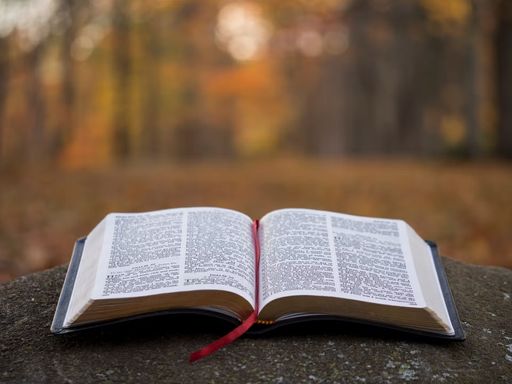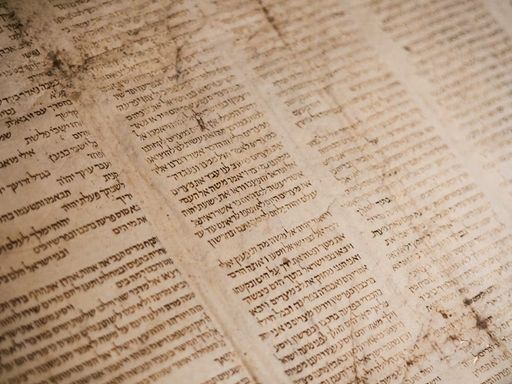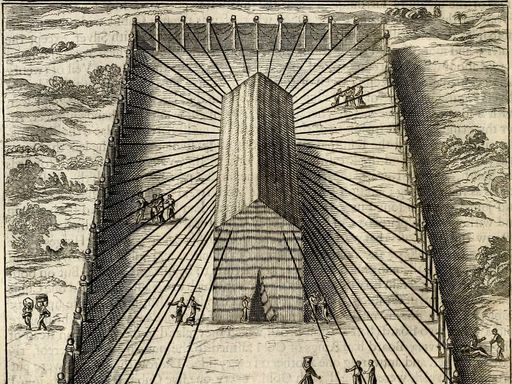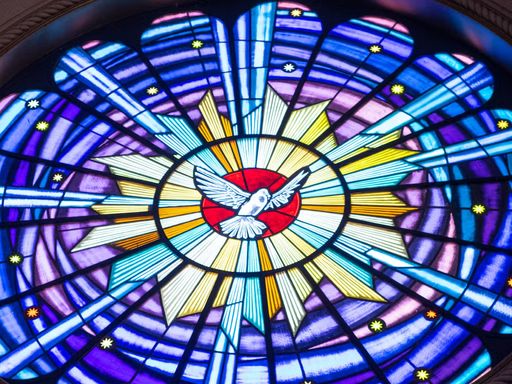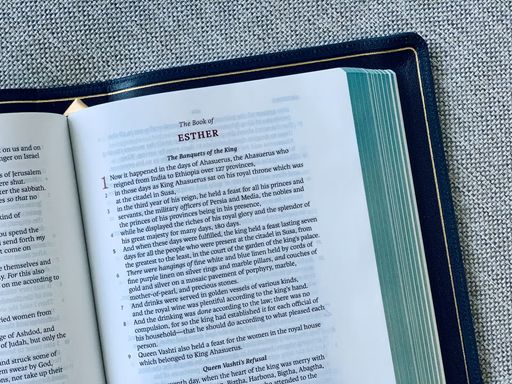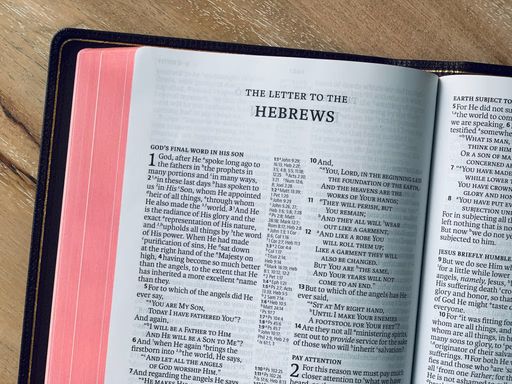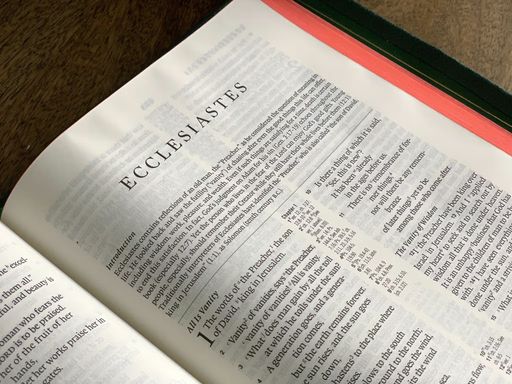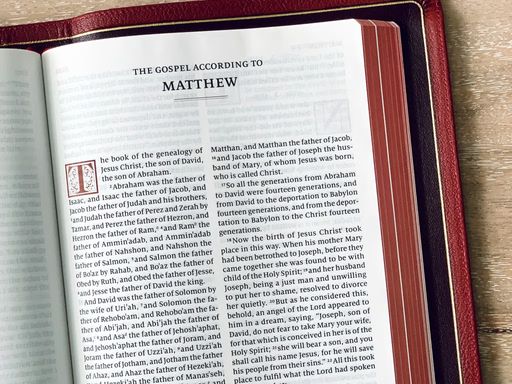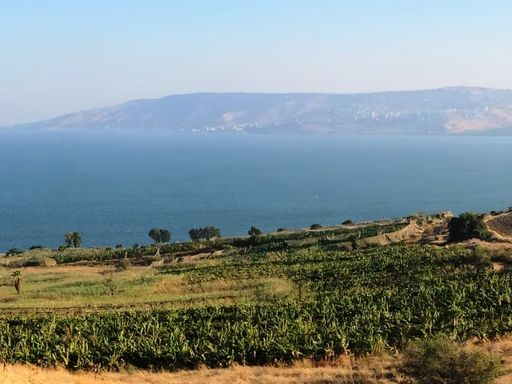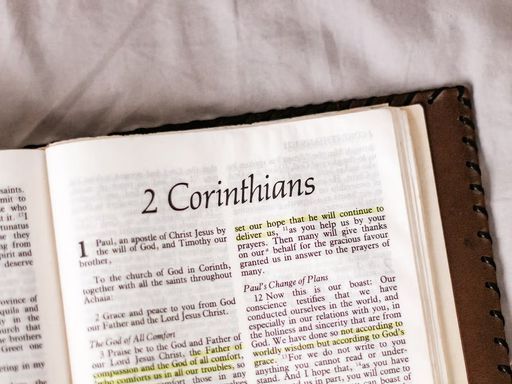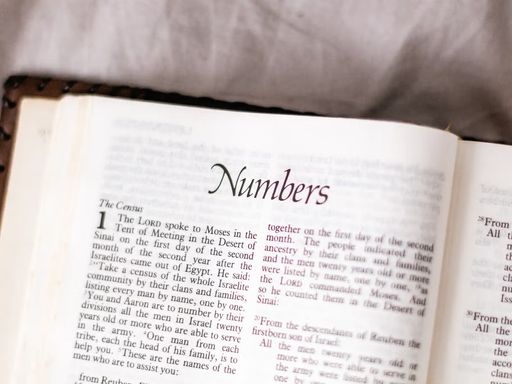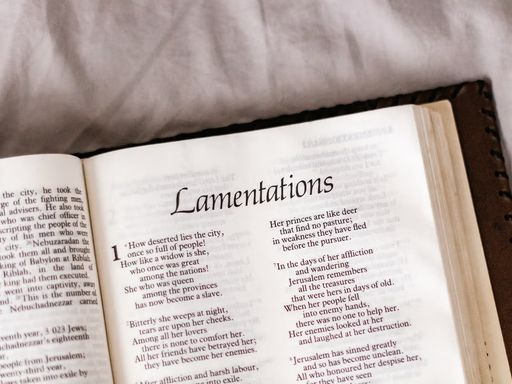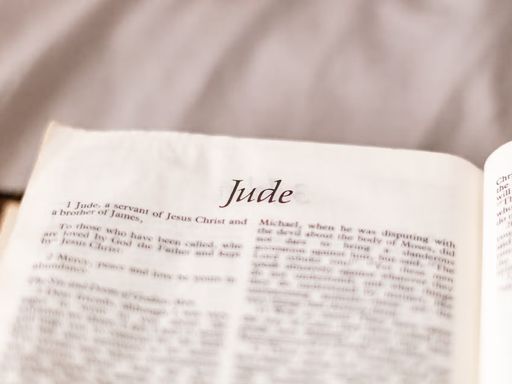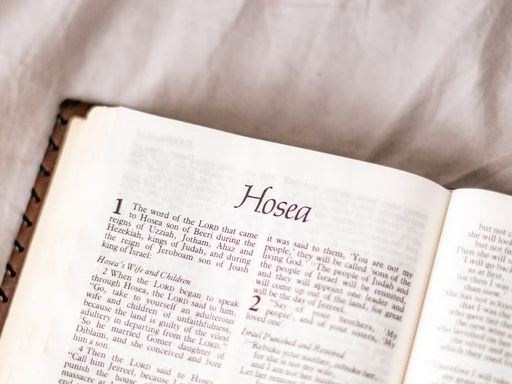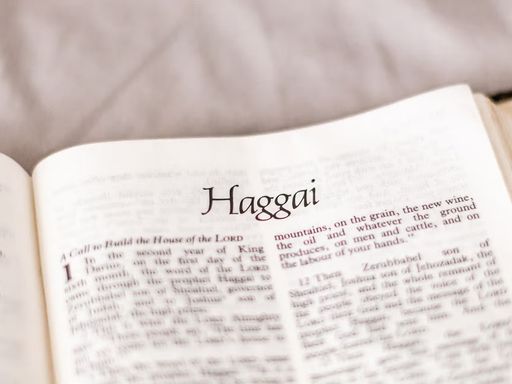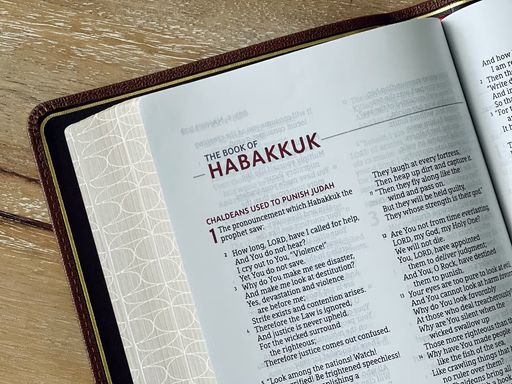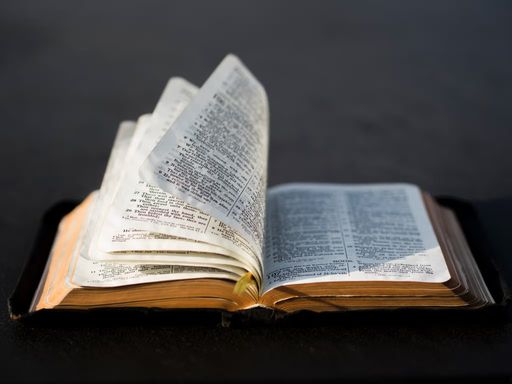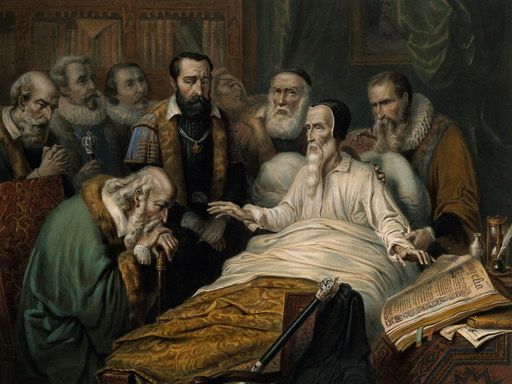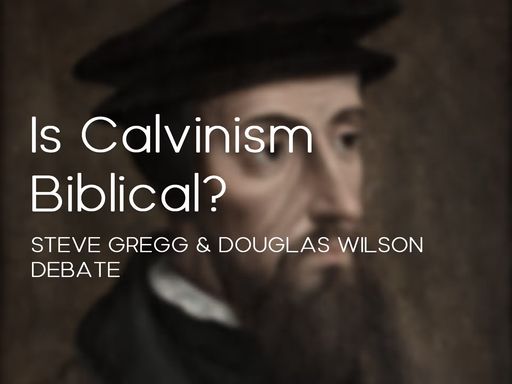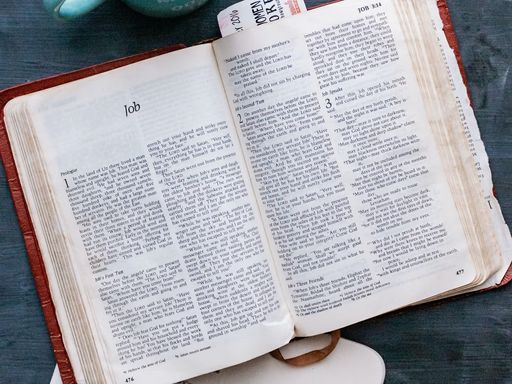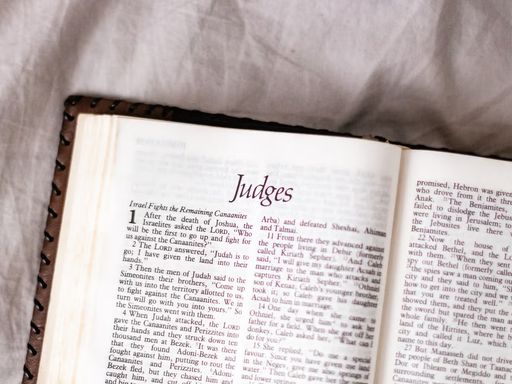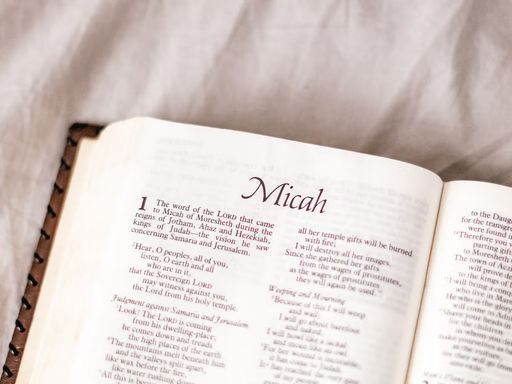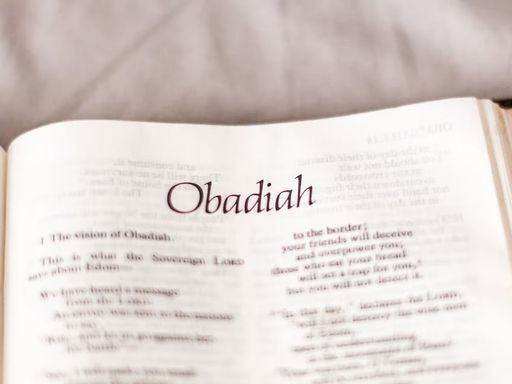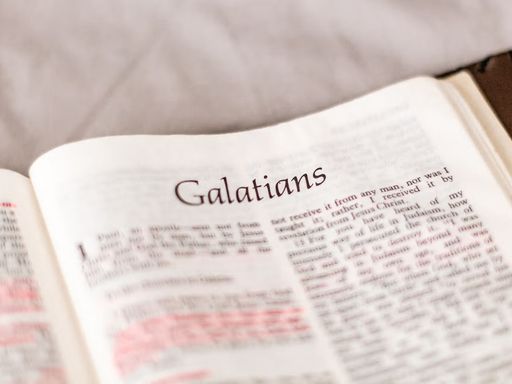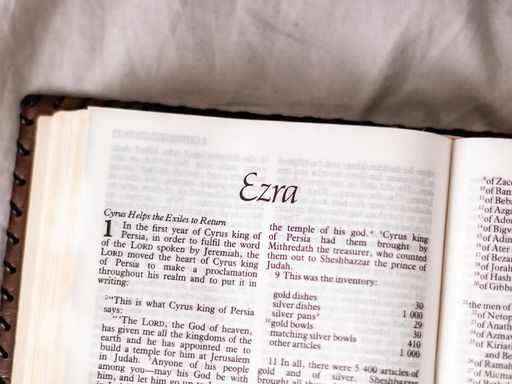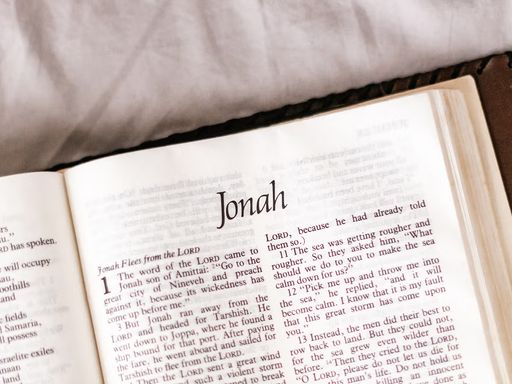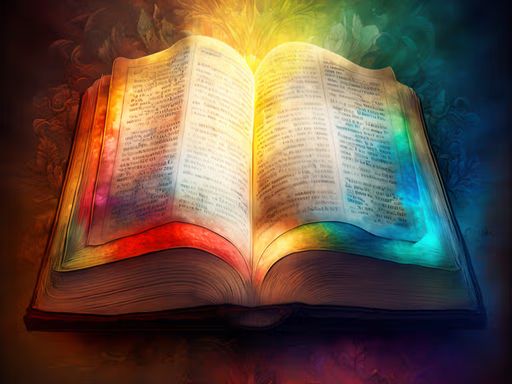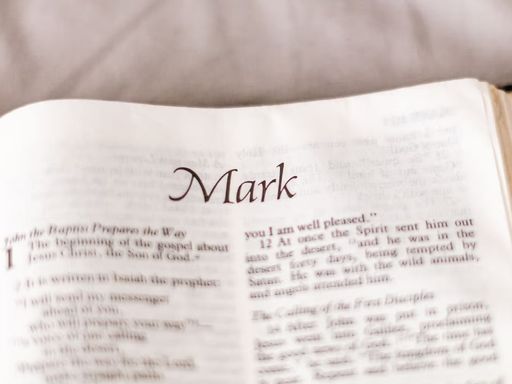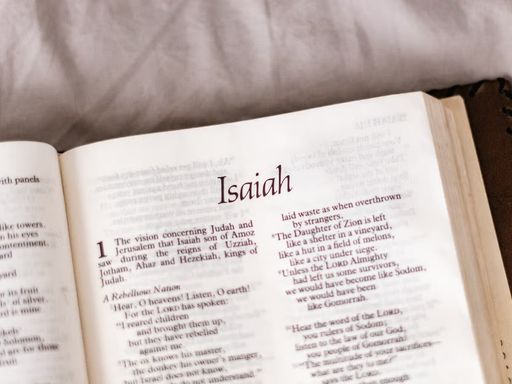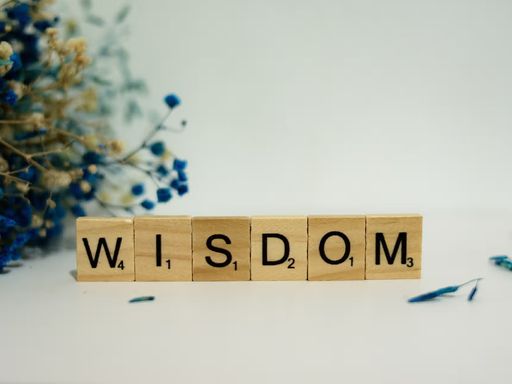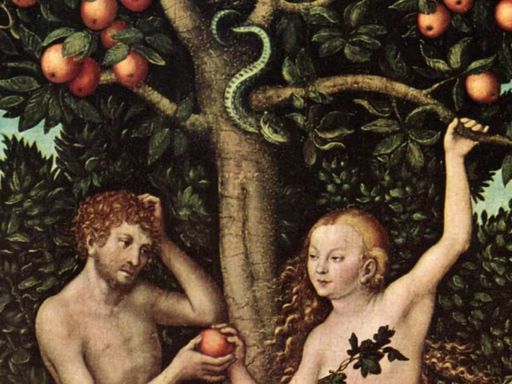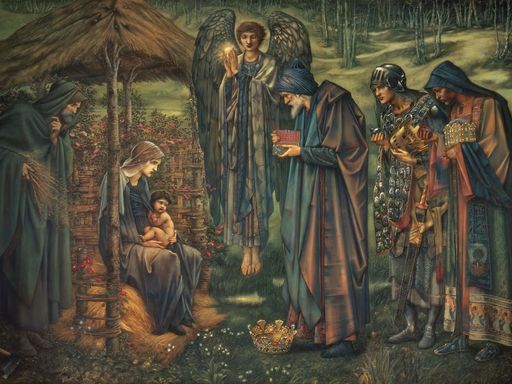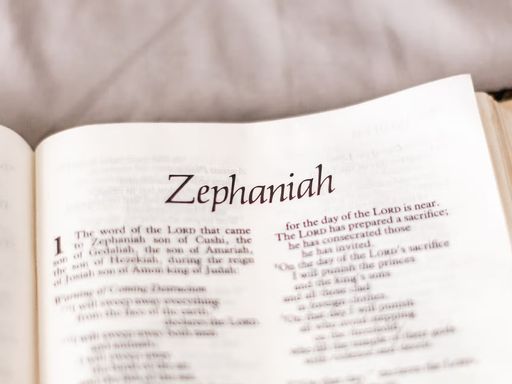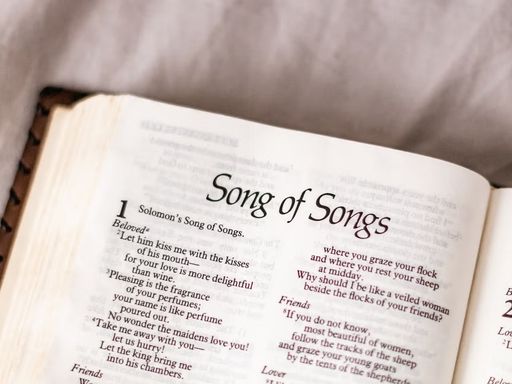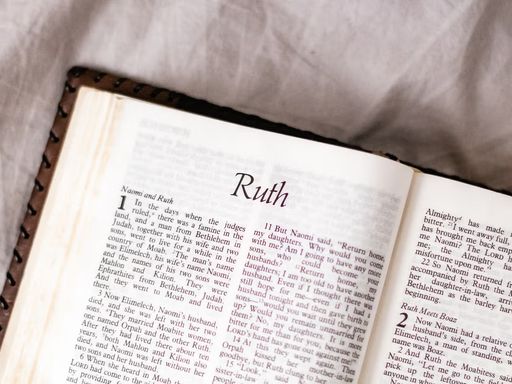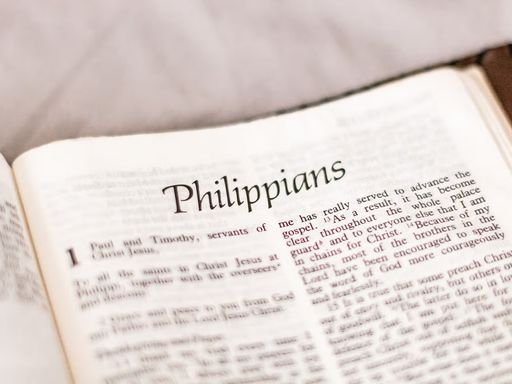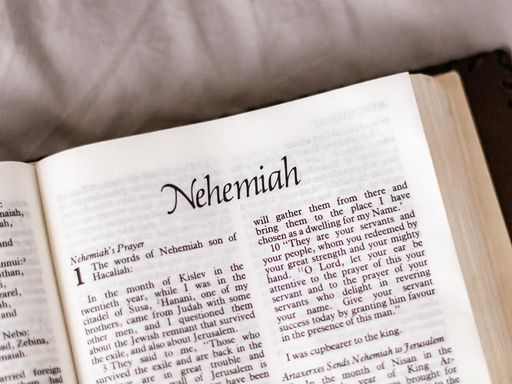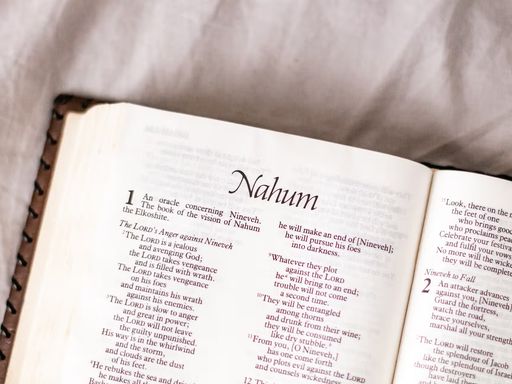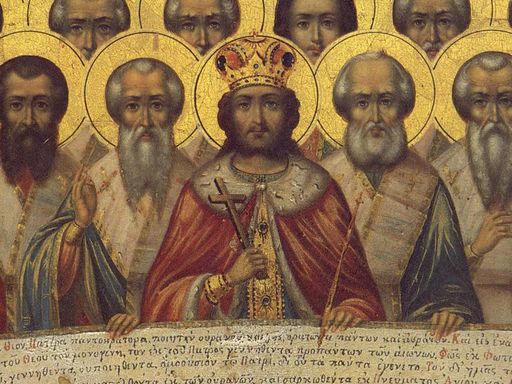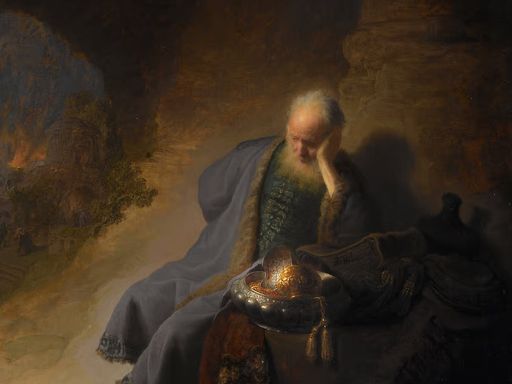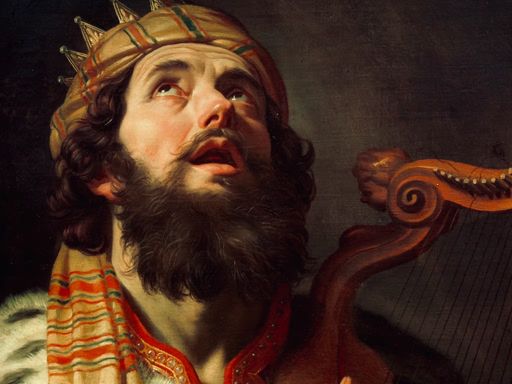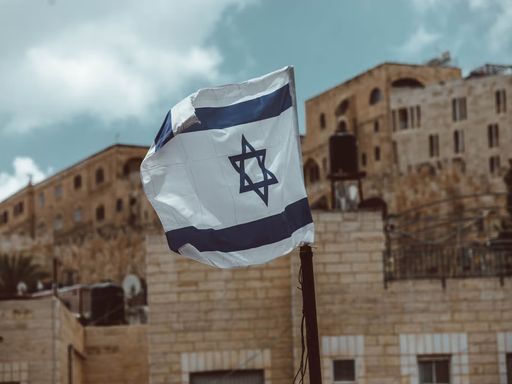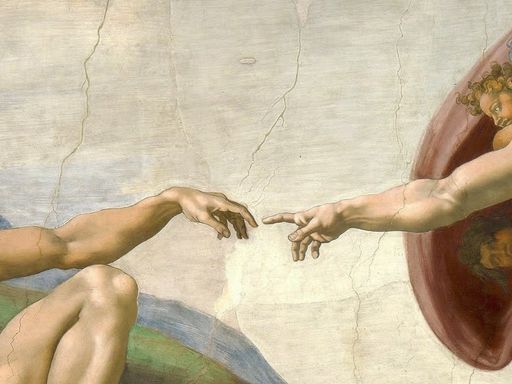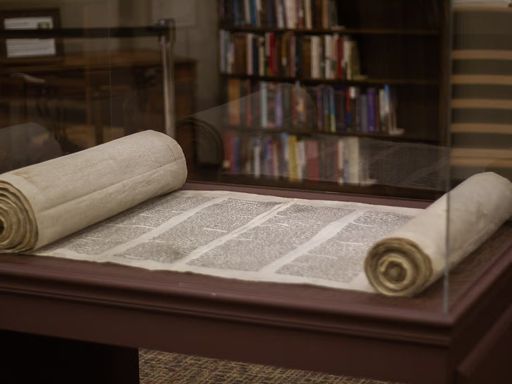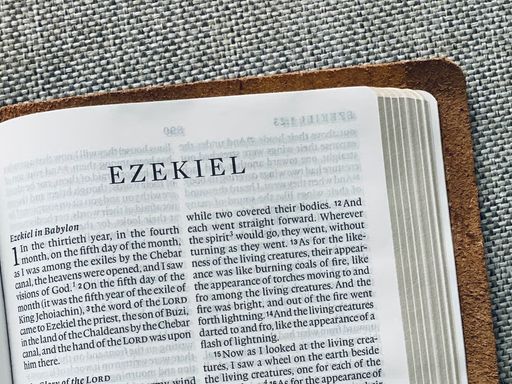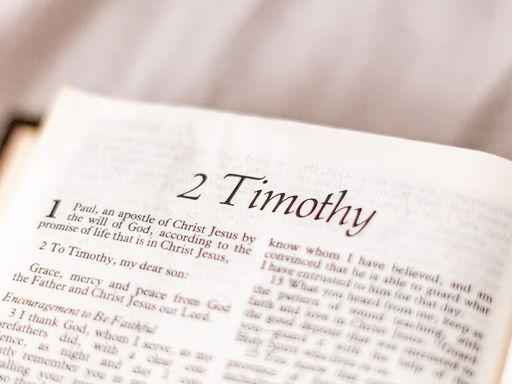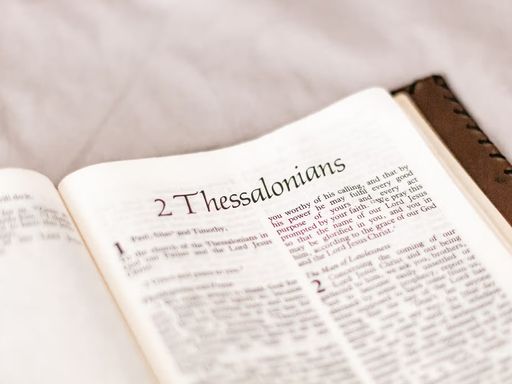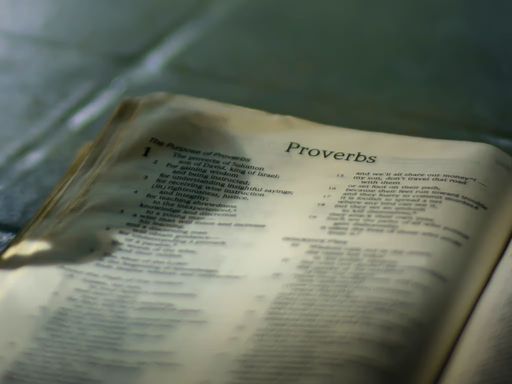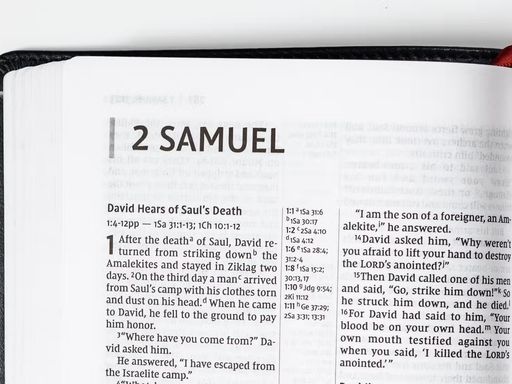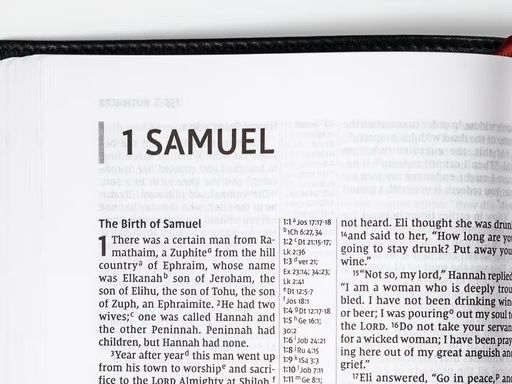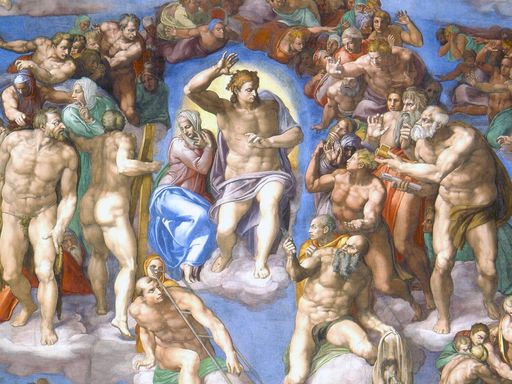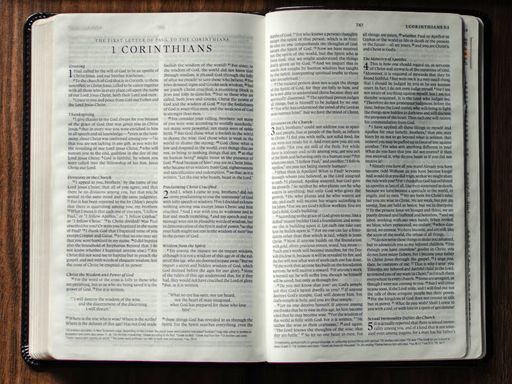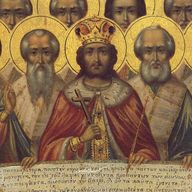
Church History
Steve Gregg
Steve Gregg gives a comprehensive overview of church history from the time of the Apostles to the modern day, covering important figures, events, movements, and controversies that have shaped Christianity throughout its complex history.
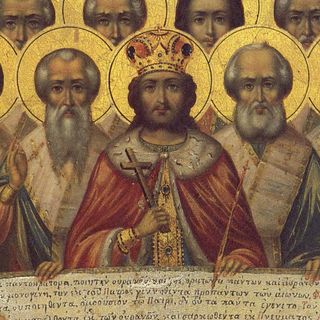
Church History Introduction
In this introduction to church history, Steve Gregg emphasizes the importance of studying the history of Christianity in order to gain a greater perspective on the body of Christ, which extends beyond our own time and place. He acknowledges the shortcomings of institutionalized Christianity througho

The Very Beginning
In "The Very Beginning," Steve Gregg explores the early days of the Christian church and its relationship to the Jewish synagogue. He notes that while the institutional church did not exist during this time, there was a faithful remnant of Jews who followed God. Discipleship was not about attending

Passing the Torch
In "Passing the Torch," Steve Gregg discusses the apostolic period of the church, emphasizing the work of the Holy Spirit and the formation of the body of Christ. Gregg notes the importance of avoiding confusion between the work of the Spirit and the organization of the church, and warns against the

Persecution and Ecclesiastical Development
Steve Gregg discusses the development of the Christian Church and the reasons for the persecution faced by early Christians. He notes that the origins of some ideas associated with Roman Catholicism did not originate until after the death of the apostles, when the church became more organized. Chris

Early Heresies
Steve Gregg discusses early Christian heresies in this talk. He explains that some people defected from the faith, and contemporary apostles who lived in the later centuries and died early on. He mentions several early Christian figures such as Hermas, Ignatius, Polycarp, and Papias. Steve delves in

The Canon of Scripture
Steve Gregg provides insights into the formation of the New Testament and the Canon of Scripture. He argues that none of the books of the Bible were lost and that the Catholic Church did not change the Bible but rather excised irrelevant stuff during the Middle Ages. Furthermore, the Canon was not a

Early Theologians
Steve Gregg discusses the rise of monasticism and the emergence of the earliest Christian theologians in the second to fourth centuries. He explains that these theologians, such as Origen and Clement of Alexandria, merged Christian ideas with Greek philosophy and developed a method of Scripture inte

Romes Truce with the Church
In this talk, Steve Gregg discusses Rome's relationship with the Church during different periods in history, beginning with the persecution of Christians under Valerian and ending with Constantine's role in establishing Christianity as the official religion of the Roman Empire. Gregg highlights the

Defining Orthodoxy
In this talk, Steve Gregg discusses the history of the early Christian creeds and the concept of orthodoxy. He explains that the word "orthodoxy" comes from the Greek words meaning "right belief" and argues that creeds were created to define and solidify the basic beliefs of Christianity. Gregg also

Augustine's Influence and Contemporaries
Steve Gregg discusses the influence of Augustine and his contemporaries in this lecture. He touches on the debate between Pelagians and Augustinians regarding infant innocence and the impact of sin. He also discusses the development of the institutional church and the influence of Apostle Paul on Au

How Rome Became Papal
In this talk, Steve Gregg delves into the history of how Rome became the papal church. He discusses the early days of Christianity when Christians met at homes and the concept of church as the body of Christ. He goes on to explore the influence of early church leaders such as Peter and Paul, as well

Principal Events of the Middle Ages (Part 1)
In a fascinating historical account, Steve Gregg shares 15 principal events of the Middle Ages. One such event was when the bishops of Rome became Popes and were positioned superior to bishops of churches throughout the world, despite resistance from some. The expansion and official doctrine of purg

Principal Events of the Middle Ages (Part 2)
In this presentation, Steve Gregg covers 15 principal events of the Middle Ages. He discusses the significance of Pope Gregory the Great's organization of the papacy during this period, as well as the Roman Catholic Church's embrace of icons and images, which eventually led to liturgical differences

Principal Events of the Middle Ages (Part 3)
In this third installment of a lecture series on the Middle Ages, Steve Gregg discusses the rise of the Roman Catholic Church and the contrast between it and the Eastern Orthodox and Protestant churches. Gregg delves into the origins of the Inquisition, which began as a means to persecute the Cathar

The Persecuted Non-Conformists (Part 1)
In this talk, Steve Gregg discusses a category of persecuted non-conformists during the Middle Ages. He explains that during this time, those who publicly preached against the Roman Catholic Church were considered dangerous and faced persecution. Gregg focuses on the Paulicians, a group who believed

The Persecuted Non-Conformists (Part 2)
Steve Gregg discusses the movements of non-conformists who challenged the basic doctrines of the Roman Catholic Church during a period of intense persecution 400 years prior to the Reformation. These groups included the Paulicians, Caffars, Bogomils, and the Waldenzies or Waldenzians, who opposed th

Beginnings of the Reformation, Martin Luther
In this presentation, Steve Gregg discusses the beginnings of the Reformation and the influential figure of Martin Luther. Gregg describes the political and social climate of Europe during Luther's time, where feudal lords controlled the land and the papacy ruled over an illiterate continent. Luther

The Rise of the Radical Reformation
In this presentation, Steve Gregg discusses the rise of the Radical Reformation, which saw individuals such as Zwingli and Anabaptist disciples going back to the Bible as the sole basis of authority in the church. While Luther and other reformers also held the doctrine of sola scriptura, they took a

The Spread of Anabaptism (Part 1)
Steve Gregg delves into the spread of Anabaptism, a movement which began during the Radical Reformation period. This group believed in the re-baptism of members who had received infant baptism while also rejecting the church-state relationship that existed throughout Europe at the time. The Anabapti

The Spread of Anabaptism (Part 2)
Steve Gregg discusses the distinctives that set the Anabaptist movement apart from other reformed churches of its time, including their belief in common ownership of goods and pacifism. The movement originated in Switzerland among young students of Zwingli who felt he was not willing to fully reform

The Life and Legacy of John Calvin
In this discussion, Steve Gregg delves into the life and legacy of John Calvin, a highly influential theologian of the Reformation era. Calvin was a humanist scholar who became acquainted with the gospel while studying New Testament Greek. He later became convinced of the Reformed faith and formulat

Reform in France and England
In this historical overview, Steve Gregg discusses the Protestant Reformation in France and England. While Calvin's influence on French Protestantism was profound, Catholicism ultimately prevailed and French Protestants, known as Huguenots, were eventually driven out of the country. In England, the

Reformation and Counter Reformation
In this talk, Steve Gregg discusses the Reformation and Counter Reformation in Europe during the 16th century. He highlights the attempted reforms of the Roman Catholic Church and the rise of Protestantism, especially in the Netherlands and Scotland. He also discusses the influence of figures such a

From Reform to Reason (1550 to 1650)
In "From Reform to Reason (1550 to 1650)," Steve Gregg discusses the transition from the Reformation to the rise of the Puritans and Separatists in the British Isles. He notes significant events during this period, including the Peace of Augsburg in 1555 and the Thirty Years' War, which was initiall

Enlightenment and Enrichment (Part 1)
Steve Gregg provides a thought-provoking discussion on the Enlightenment and Enrichment in this historical context of Europe. Focusing on the Anabaptist movement and the rising powers of state and church, he explains how this period marks the birth of the age of science and rationalism, where everyt

Enlightenment and Enrichment (Part 2)
Steve Gregg discusses the second and third generations of the Reformed movement, which led to the emergence of denominations and movements characterized by a real move of God and the Holy Spirit, such as the Pietism movement, the Methodist movement, and the two Great Awakenings. Gregg mentions notab

Revivals of the 19th Century
Steve Gregg discusses the "Revivals of the 19th Century", where powerful religious movements emerged across the United States. These revivals, often marked by camp meetings and emotional experiences, sought to convert individuals and change society as a whole. Notable figures in these revivals inclu

The Birth of Modern Mission
Steve Gregg discusses the birth of modern mission, which began in the 19th century with revivals in England, Europe, and America. While the first missionaries in the United States were Roman Catholic Jesuits, Protestant missions gained momentum with the Moravian Pietistic movement. William Carey, a

Liberalism and Fundamentalism
In this discourse, Steve Gregg explores the emergence of liberalism and fundamentalism in Christianity during the 19th century. He suggests that liberalism arose as a response to societal changes brought about by the industrial revolution and advancements in science, leading many to question the Bib

Developments in the 20th Century
Steve Gregg provides an overview of major religious movements and events that occurred throughout the 20th century. He highlights the rise of evangelicalism from fundamentalism, ongoing debates between modernism and fundamentalism, and the famous Scopes Trial that pitted creationism against evolutio
